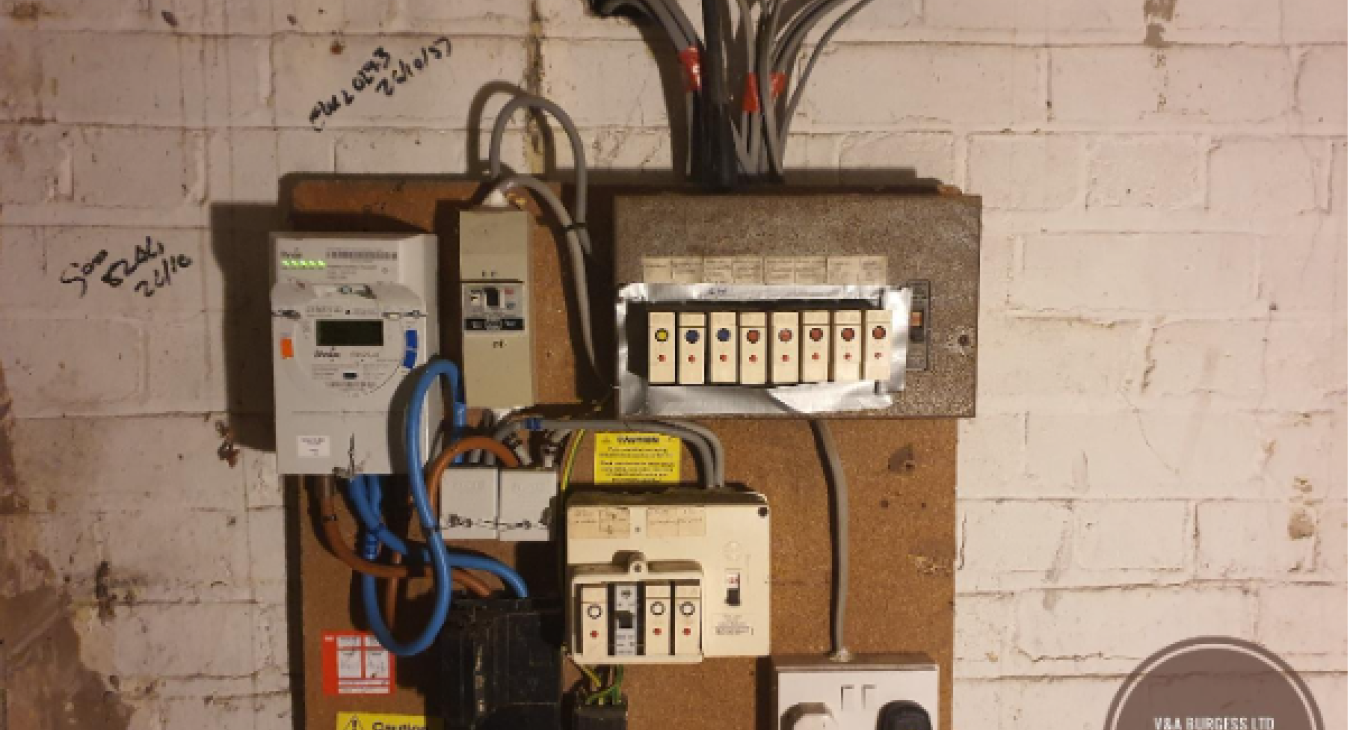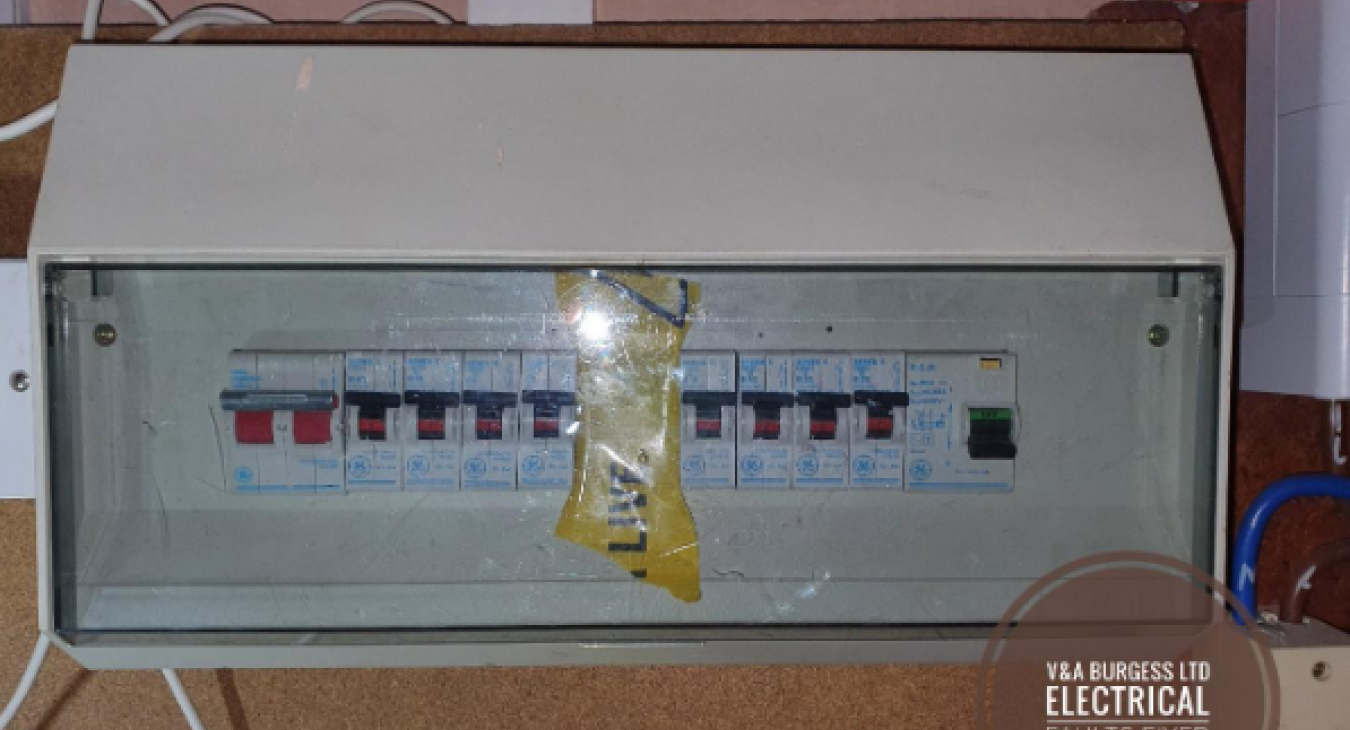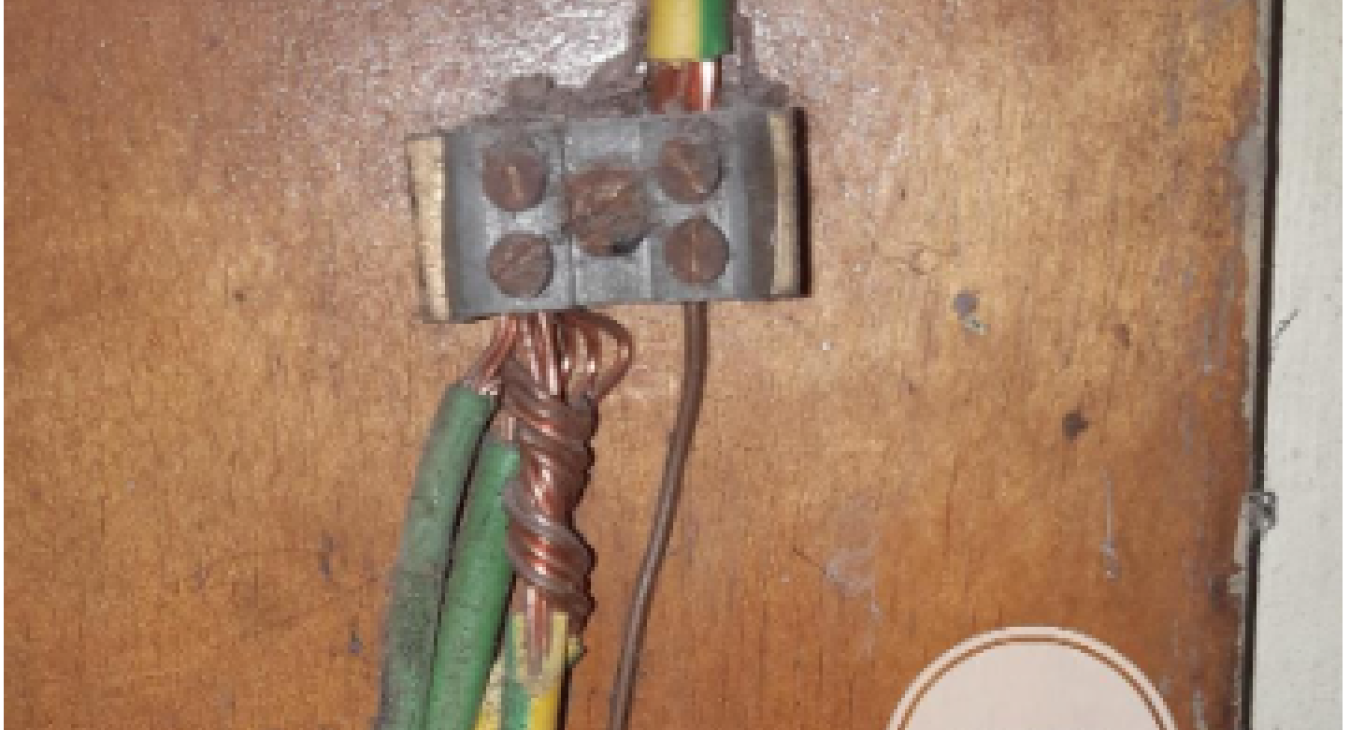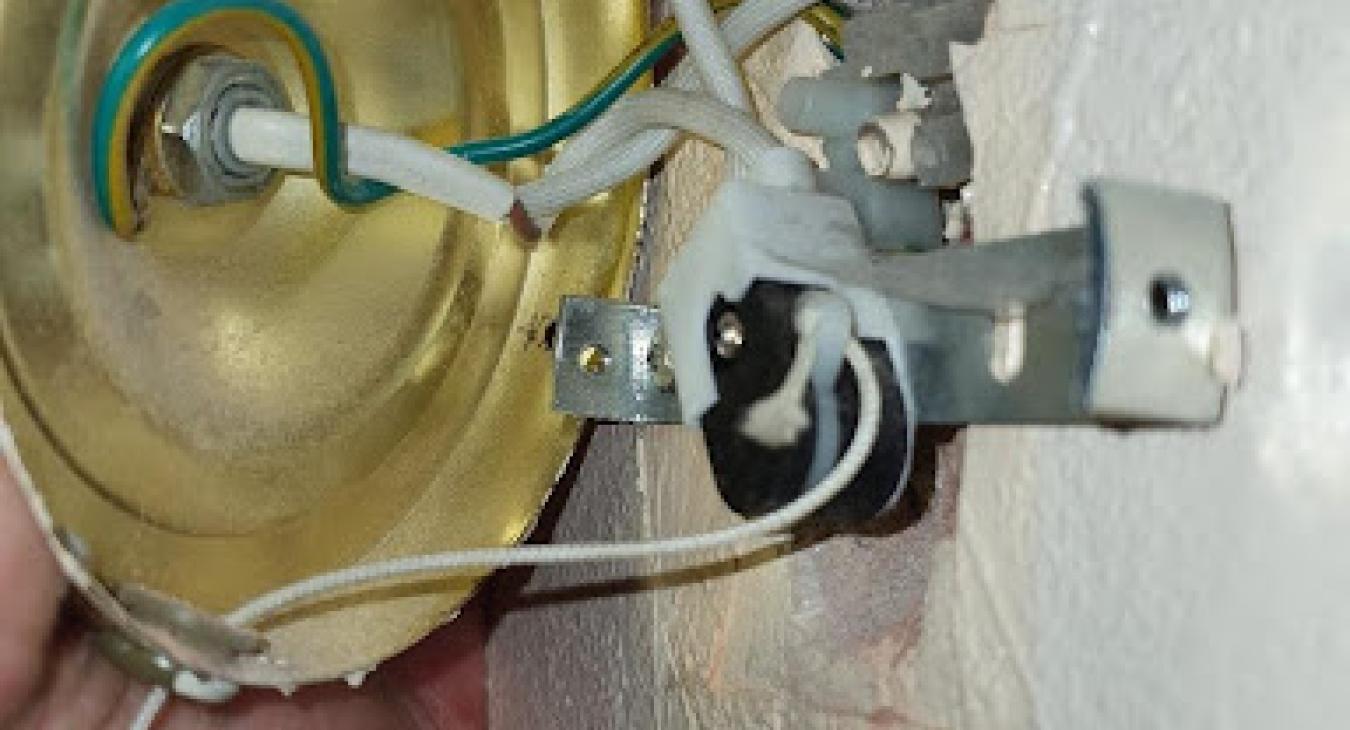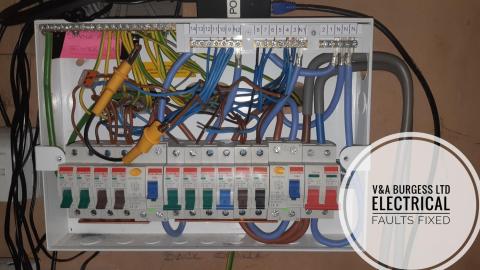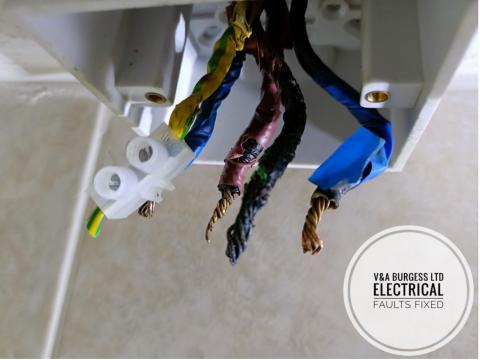1) Earth Bonding
At least twice a week we are asked by new customers if they need earth bonding. This question appears to arise from new electric or gas meter installation works that have been carried out by their energy providers.
First of all…
Back to top2) What is Earth Bonding?
Main Equipotential Earth Bonding (to give it its full, posh name) is where we connect the electrical system earthing to the pipework in your home and any other parts that may introduce an earth path. Generally speaking, this means running big thick earthing wires to the Gas Meter and Incoming Water supply pipe.
Its important that an electrician carries this work out that understands the requirements of Earthing and Bonding correctly. There are specific electrical tests that need to be carried out in order to ascertain if pipework and other parts actually NEED to be bonded or not.
If you are having trouble sleeping, I have written an article specifically on Bonding and Earthing and WHEN it is required. You can find this incredibly exciting article HERE.
Back to top3) How do we check if earth bonding is needed?
Using our electrical test equipment, we can check to see if Gas and Water pipework are showing a path to earth. We can also test for other potential earth paths such as structural steel work and beams.
It is NOT possible to determine if pipework needs safety earthing connections (bonding), simply by visually looking at it. Metal pipework that enters the ground is a very good indication that bonding is required but is cannot be completely relied upon.
Back to top4) Why do we need Earth Bonding?
Earth bonding helps to prevent electrical shocks in the event of an electrical fault. If parts of your home or property have a path to earth then we generally connect them to the earthing of your electrical system.
We do this to prevent there being a difference in potential (difference in voltage) during an electrical fault. This helps to prevent electrical shocks along with the installation of devices like the RCD.
Back to top5) What is an RCD?
An RCD is a device that monitors electrical current flow in a circuit. Should there be some electrical current that ‘goes missing’ then the RCD will trip and cut off the electricity supply to the circuit therefore preventing electrical shock.
These devices are generally very sensitive and, where installed to prevent electrical shocks specifically, will be very sensitive indeed. If your home does not have any of the following devices installed in the fuse box or consumer unit, then you should consult an electrician to install them:
Back to top6) How do I know if I have Earth Bonding?
There are some visual checks that you can do to indicate if you have earth bonding in place. The continuity and sufficiency of any earth bonding HAS to be confirmed by a qualified electrician as visual checks are often not adequate to confirm electrical soundness.
- Check you Gas Meter for Green / Yellow Earth wiring nearby. This should connect on to pipework once it enters your home and normally within 600mm and before any branches in pipework.
- Check your incoming water supply pipe to see if there are any earth wires attaching on. Again, these should generally be within 600mm of entry into the property.
7) What is supplementary bonding?
Supplementary bonding in domestic properties was often used as additional protection against electric shock. Common in kitchens and bathrooms. You may see thin earth wires connecting metal sinks, lights, pipes, and other equipment to the earthing of the electrical system.
Supplementary bonding is often not required any more in domestic settings now we have RCD devices. Is you are unsure if you need supplementary bonding or if your earthing is sufficient then please get in touch.
Back to top8) How much does Earthing and Bonding connections cost?
Every home is different and costs can vary. Typically installing new Earth Bonding to pipework can cost from £200 for simple installations up to £700 where installation is an absolute nightmare. Somewhere in the middle is about normal. I have had very few installations where the cost of bonding would be as high as £700 and a few where the costs were as low as £200.
If you would like a quote for the installation of new earth bonding then get in touch.
Always know what you are paying for!
Call us today on 0151 351 4011 for a free, no obligation, quotation for your project. Your call matters to us, and we WILL respond.









